Nori Sheep IL-8 ELISA Kit
$461.00 – $832.00
This ELISA kit is for quantification of IL-8 in sheep. This is a quick ELISA assay that reduces time to 50% compared to the conventional method, and the entire assay only takes 3 hours. This assay employs the quantitative sandwich enzyme immunoassay technique and uses biotin-streptavidin chemistry to improve the performance of the assays. An antibody specific for IL-8 has been pre-coated onto a microplate. Standards and samples are pipetted into the wells and any IL-8 present is bound by the immobilized antibody. After washing away any unbound substances, a detection antibody specific for IL-8 is added to the wells. Following wash to remove any unbound antibody reagent, a detection reagent is added. After intensive wash a substrate solution is added to the wells and color develops in proportion to the amount of IL-8 bound in the initial step. The color development is stopped, and the intensity of the color is measured.
Alternative names for IL-8: Interleukin 8, CXCL8, neutrophil chemotactic factor (NCF), neutrophil activating protein (NAP), monocyte-derived neutrophil chemotactic factor (MDNCF), T lymphocyte chemotactic factor (TCF), granulocyte chemotactic protein (GCP) and leukocyte adhesion inhibitor (LAI)
This product is for laboratory research use only not for diagnostic and therapeutic purposes or any other purposes.
- Description
- How Elisa Works
- Product Citations
- Reviews (0)
Description
Nori Sheep IL-8 ELISA Kit Summary
Alternative names for IL-8: Interleukin 8, CXCL8, neutrophil chemotactic factor (NCF), neutrophil activating protein (NAP), monocyte-derived neutrophil chemotactic factor (MDNCF), T lymphocyte chemotactic factor (TCF), granulocyte chemotactic protein (GCP) and leukocyte adhesion inhibitor (LAI)
Alternative names for sheep: Lamb, goat, ovine
| Assay Type | Solid Phase Sandwich ELISA |
| Format | 96-well Microplate or 96-Well Strip Microplate |
| Method of Detection | Colorimetric |
| Number of Targets Detected | 1 |
| Target Antigen Accession Number |
P36925 |
| Assay Length | 3 hours |
| Quantitative/Semiquantitative | Quantitative |
| Sample Type | Plasma, Serum, Cell Culture, Urine, Cell/Tissue Lysates, Synovial Fluid, BAL, |
| Recommended Sample Dilution (Plasma/Serum) | No dilution for sample <ULOQ; sufficient dilution for samples >ULOQ |
| Sensitivity | 2.5 pg/mL |
| Detection Range | 12.5-800 pg/mL |
| Specificity | Natural and recombinant sheep IL-8 |
| Cross-Reactivity | < 0.5% cross-reactivity observed with available related molecules, < 50% cross-species reactivity observed with species tested. |
| Interference | No significant interference observed with available related molecules |
| Storage/Stability | 4 ºC for up to 6 months |
| Usage | For Laboratory Research Use Only. Not for diagnostic or therapeutic use. |
| Additional Notes | The kit allows for use in multiple experiments. |
Standard Curve
Kit Components
1. Pre-coated 96-well Microplate
2. Biotinylated Detection Antibody
3. Streptavidin-HRP Conjugate
4. Lyophilized Standards
5. TMB One-Step Substrate
6. Stop Solution
7. 20 x PBS
8. Assay Buffer
Other Materials Required but not Provided:
1. Microplate Reader capable of measuring absorption at 450 nm
2. Log-log graph paper or computer and software for ELISA data analysis
3. Precision pipettes (1-1000 µl)
4. Multi-channel pipettes (300 µl)
5. Distilled or deionized water
Protocol Outline
1. Prepare all reagents, samples and standards as instructed in the datasheet.
2. Add 100 µl of Standard or samples to each well and incubate 1 h at RT.
3. Add 100 µl of Working Detection Antibody to each well and incubate 1 h at RT.
4. Add 100 µl of Working Streptavidin-HRP to each well and incubate 20 min at RT.
5. Add 100 µl of Substrate to each well and incubate 5-30 min at RT.
6. Add 50 µl of Stop Solution to each well and read at 450 nm immediately.
Background:
IL-8 was renamed CXCL8 by the Chemokine Nomenclature Subcommittee of the International Union of Immunological Societies (1), although its approved HUGO gene symbol remains IL8. CXCL8 was also referred to as neutrophil chemotactic factor (NCF), neutrophil activating protein (NAP), monocyte-derived neutrophil chemotactic factor (MDNCF), T lymphocyte chemotactic factor (TCF), granulocyte chemotactic protein (GCP) and leukocyte adhesion inhibitor (LAI). Many cell types, including monocyte/macrophages, T cells, neutrophils, fibroblasts, endothelial cells, keratinocytes, hepatocytes, chondrocytes, and various tumor cell lines, can produce CXCL8 in response to a wide variety of proinflammatory stimuli such as exposure to IL1, TNF, LPS, and viruses. CXCL8 is a potent chemoattractant for neutrophils. In addition, CXCL8 also has a wide range of other proinflammatory effects. CXCL 8 is also a potent angiogenic factor. CXCL8 causes degranulation of neutrophil specific granules and azurophilic granules. CXCL8 induces expression of the cell adhesion molecules CD11/CD18 and enhances the adherence of neutrophils to endothelial cells and subendothelial matrix proteins. Besides neutrophils, CXCL8 is also chemotactic for basophils, T cells and eosinophils. CXCL8 has been reported to be a comitogen for keratinocytes and was also shown to be an autocrine growth factor for melanoma cells. It is a key parameter in localized inflammation (2). It has been cited as a proinflammatory mediator in gingivitis and psoriasis (3).
References
- Bacon K, et al (October 2002). J. Interferon Cytokine Res. 22 (10): 1067–8.
- Vlahopoulos S, et al. (September 1999). Blood 94 (6): 1878–89.
- Utgaard JO, et al (November 1998). Exp. Med. 188 (9): 1751–6.























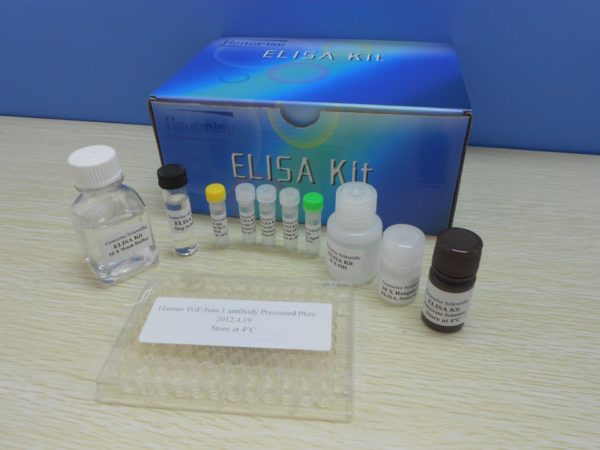
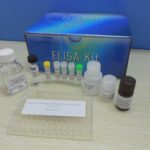
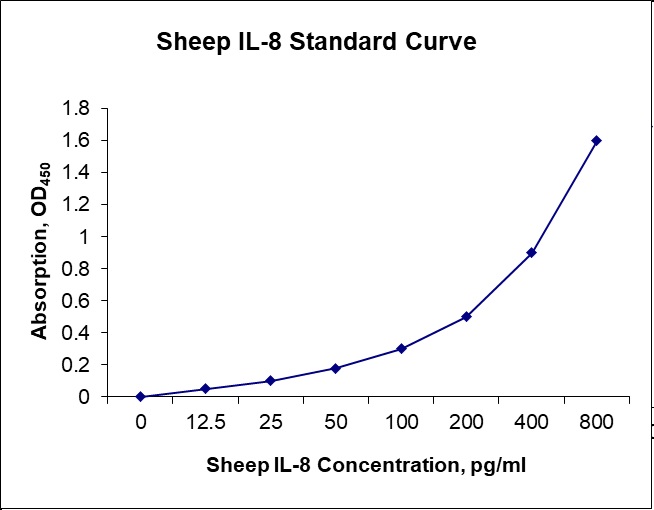
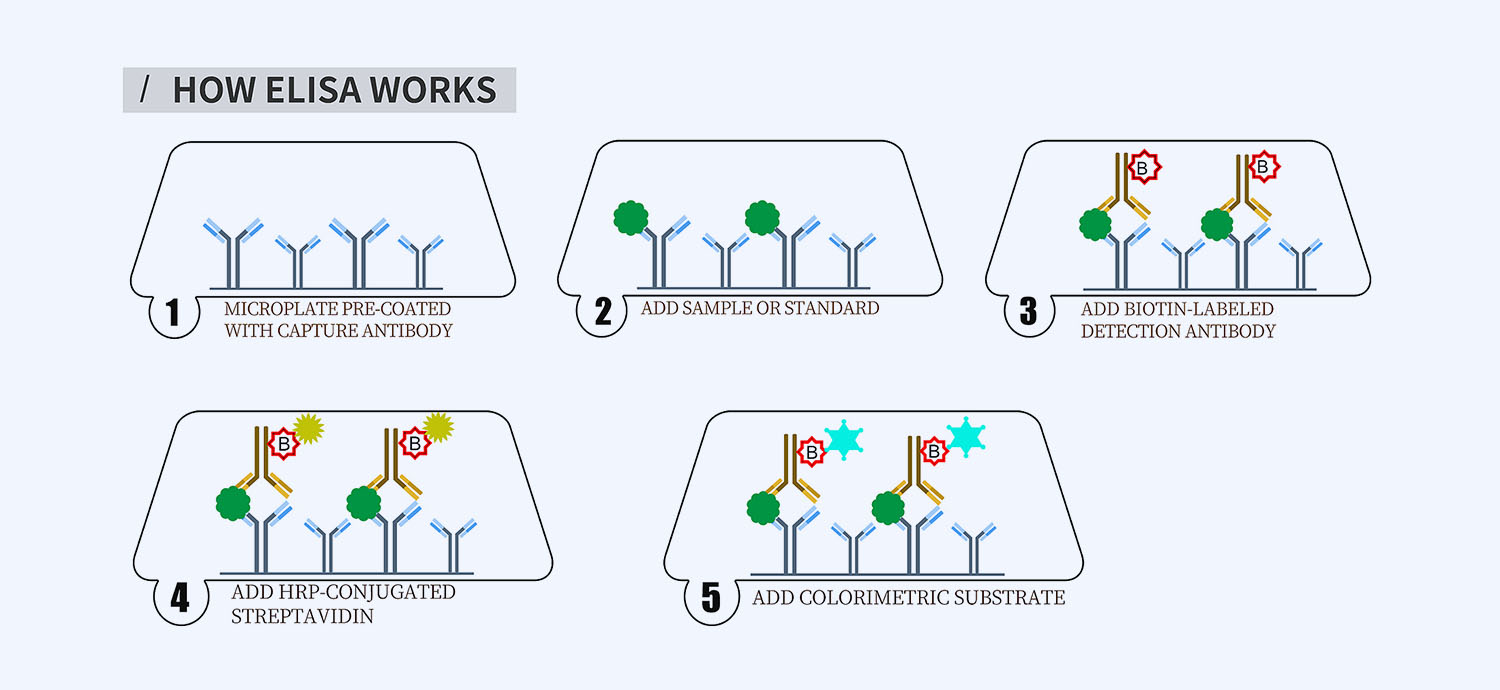
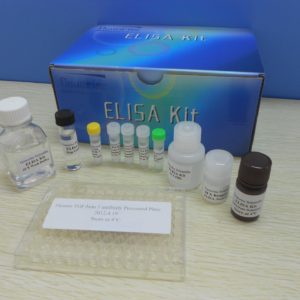
Reviews
There are no reviews yet.